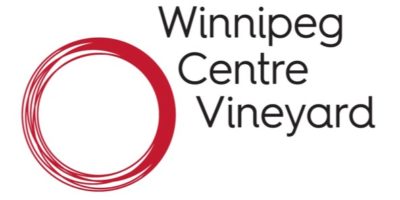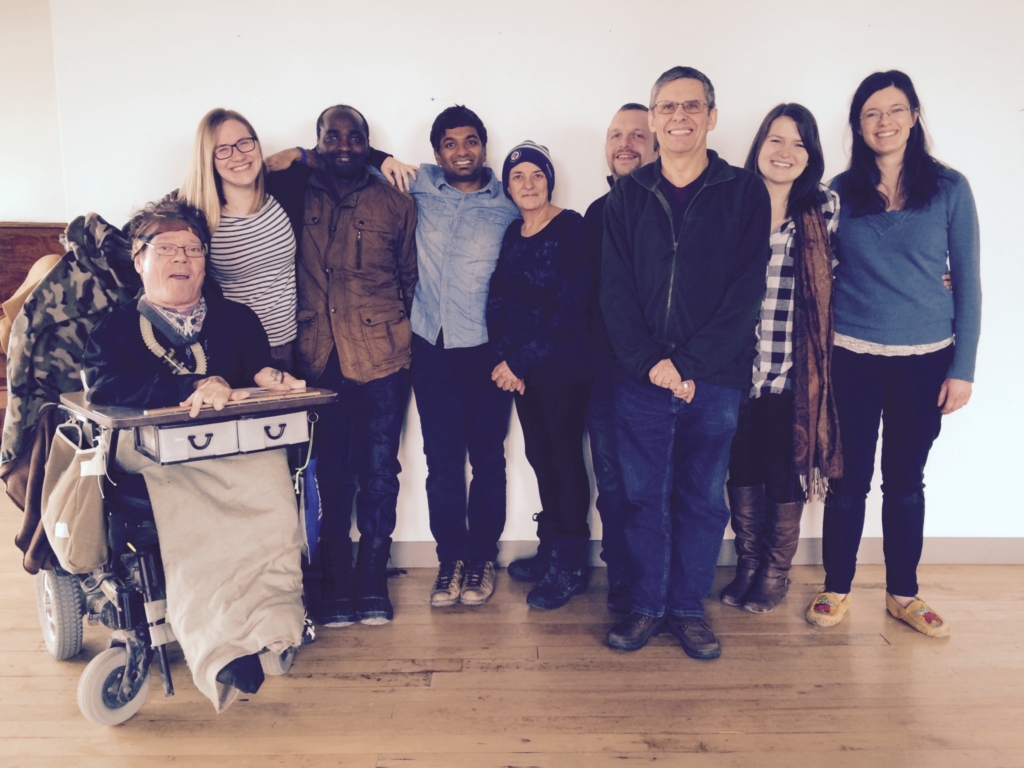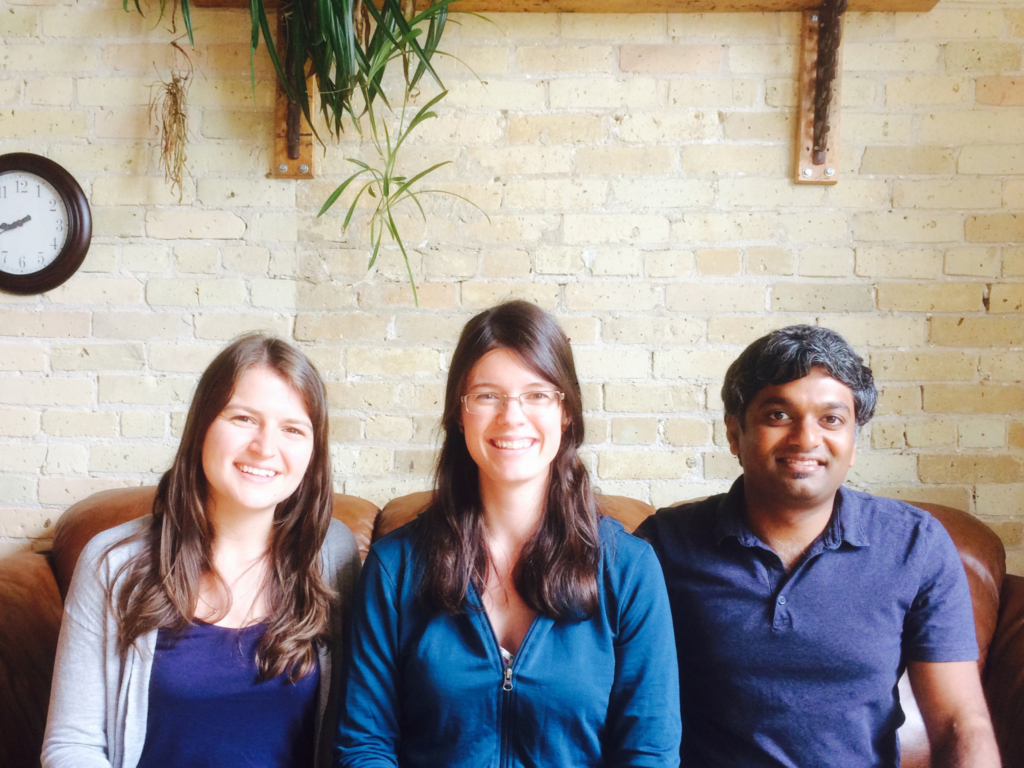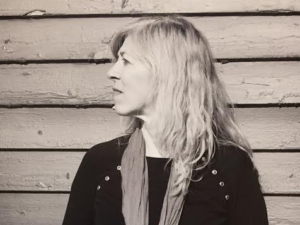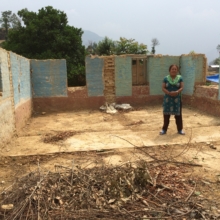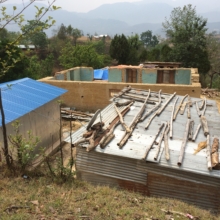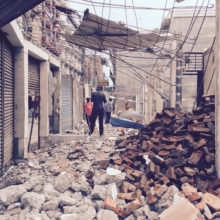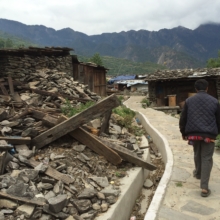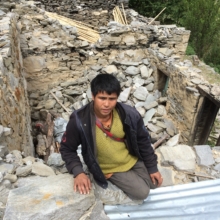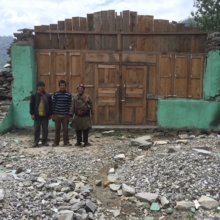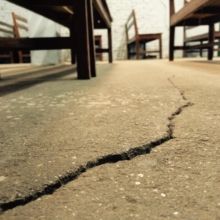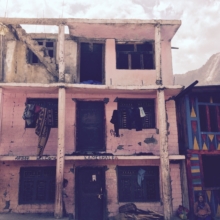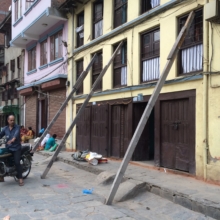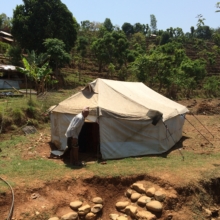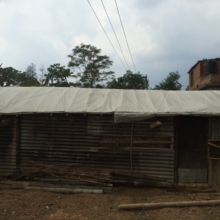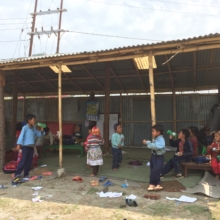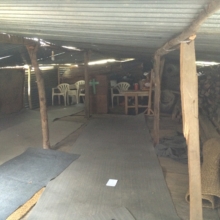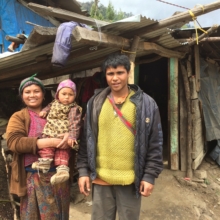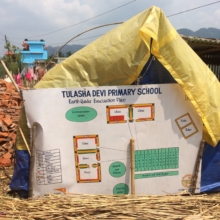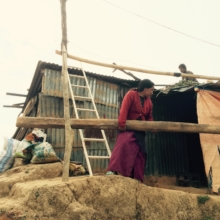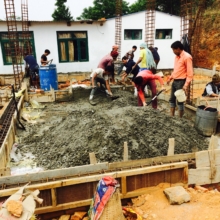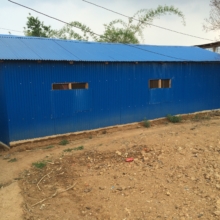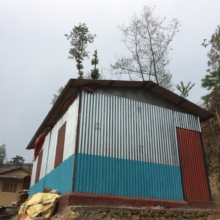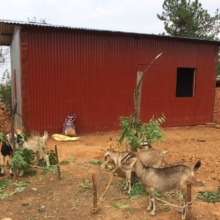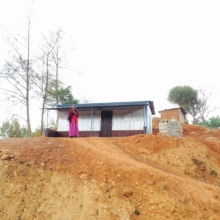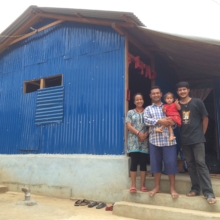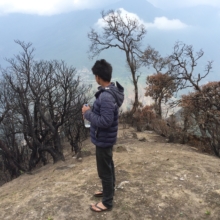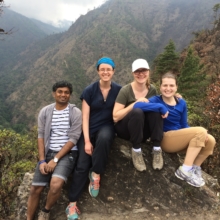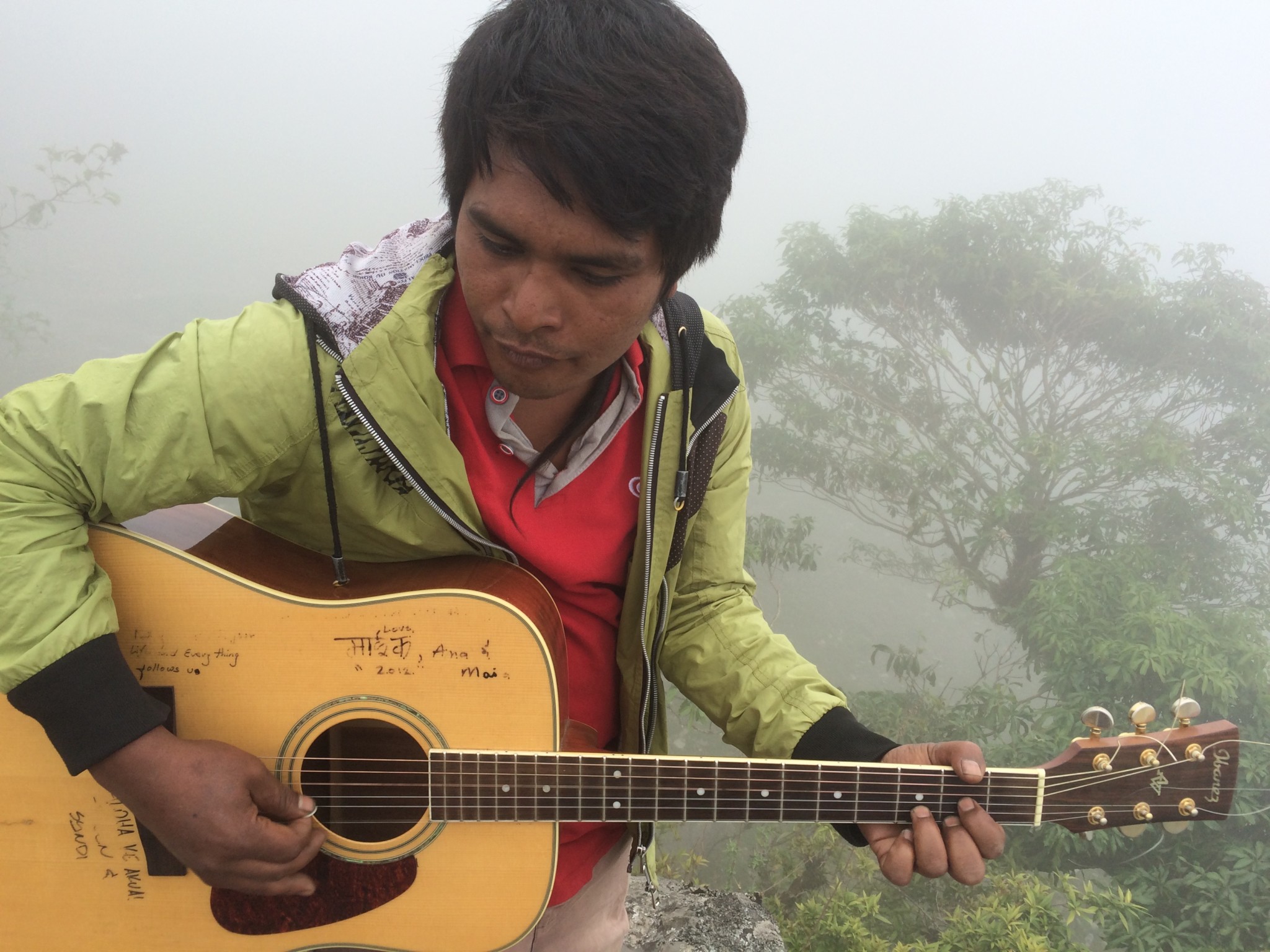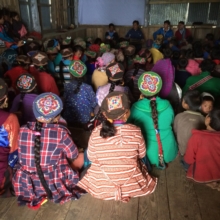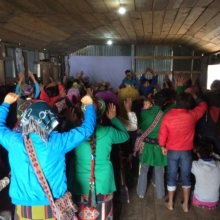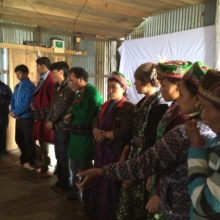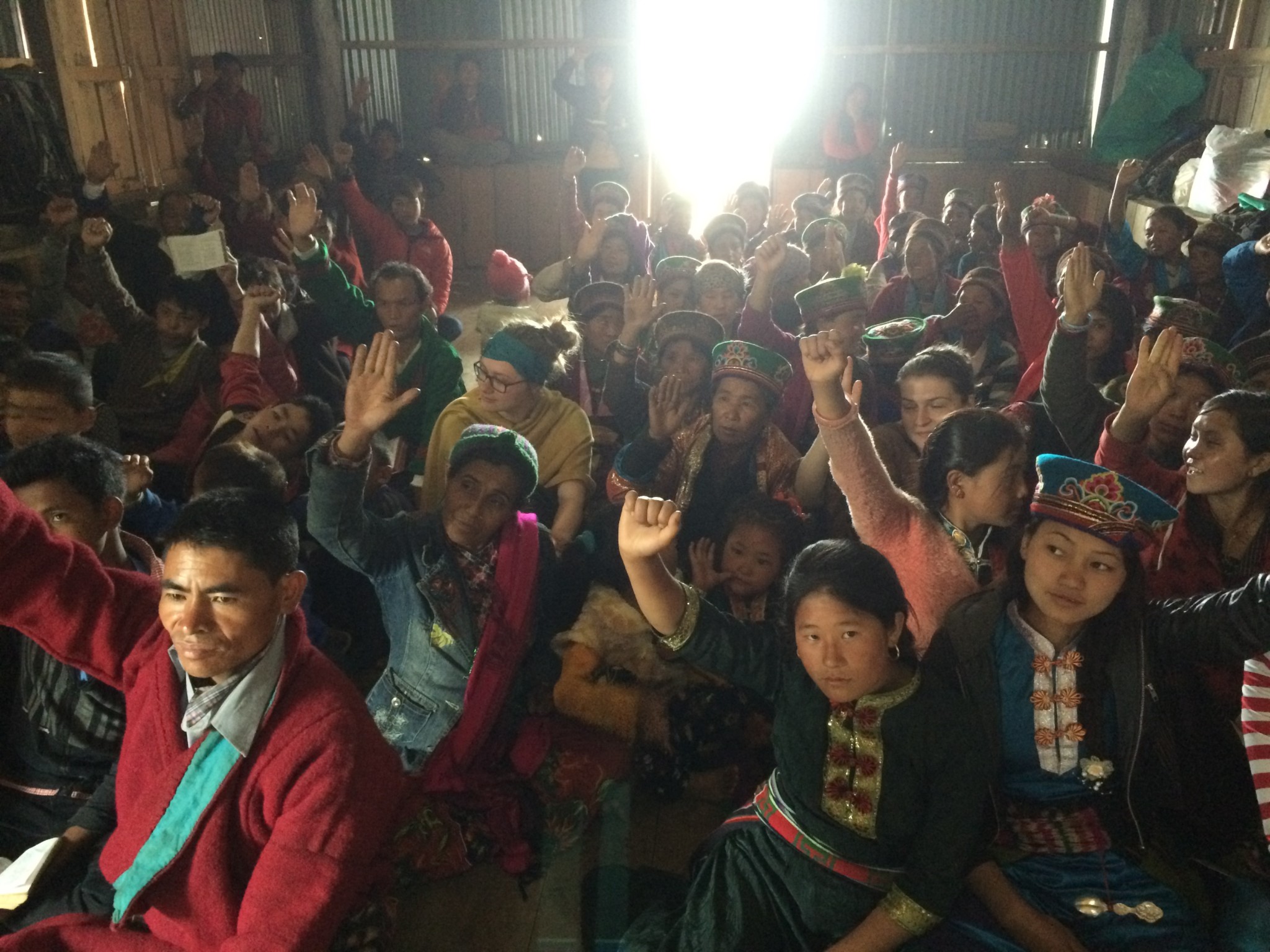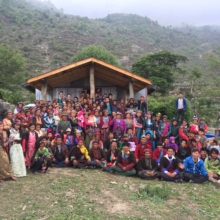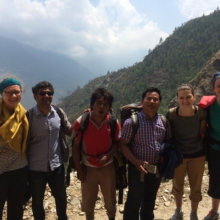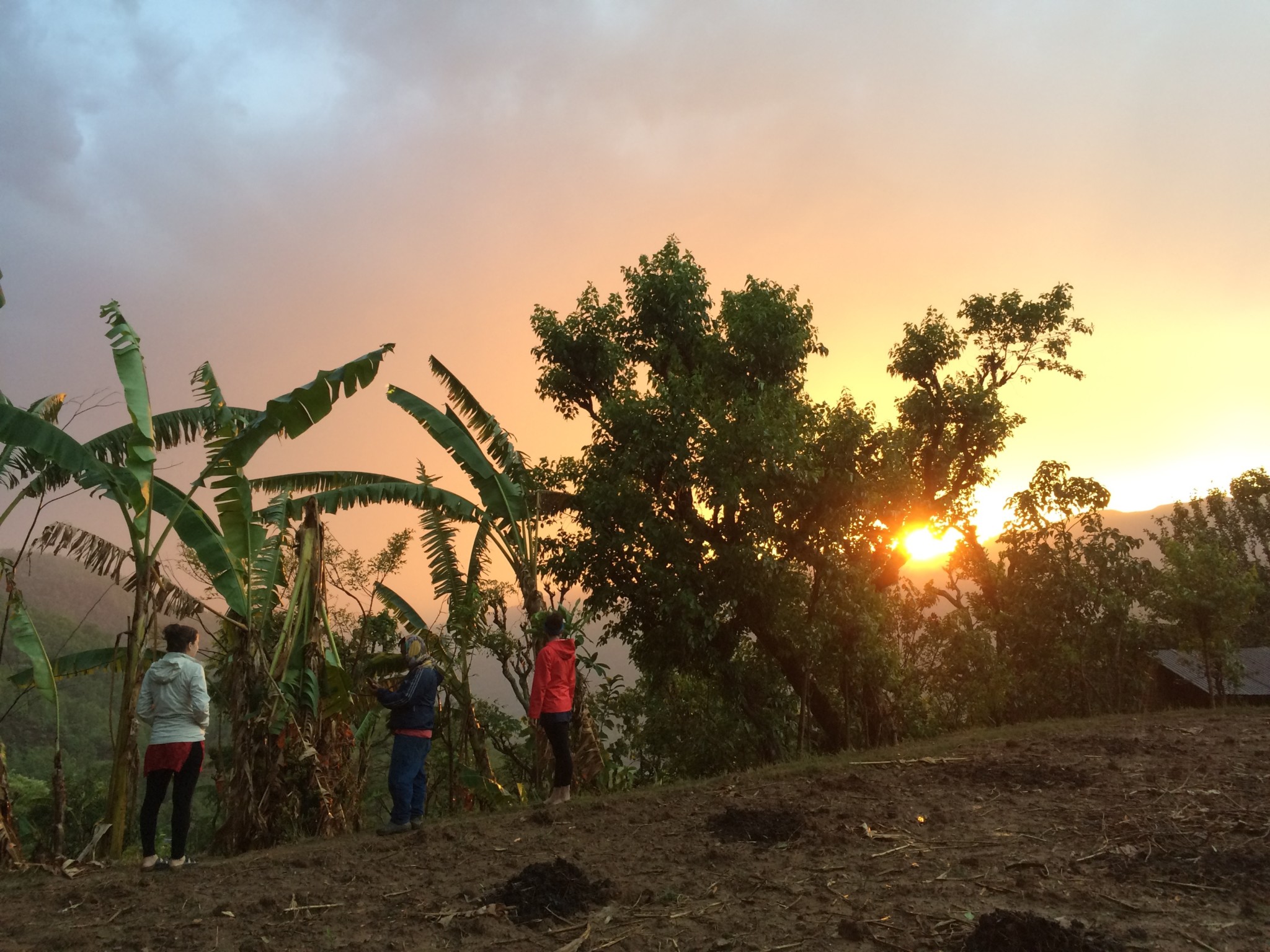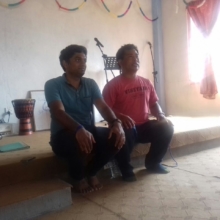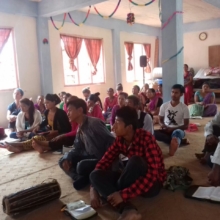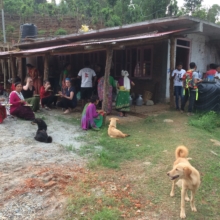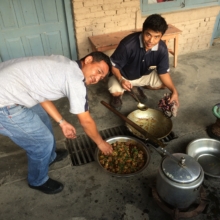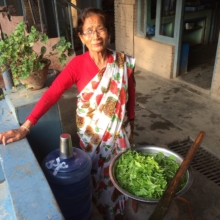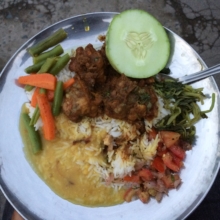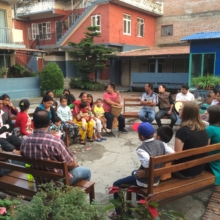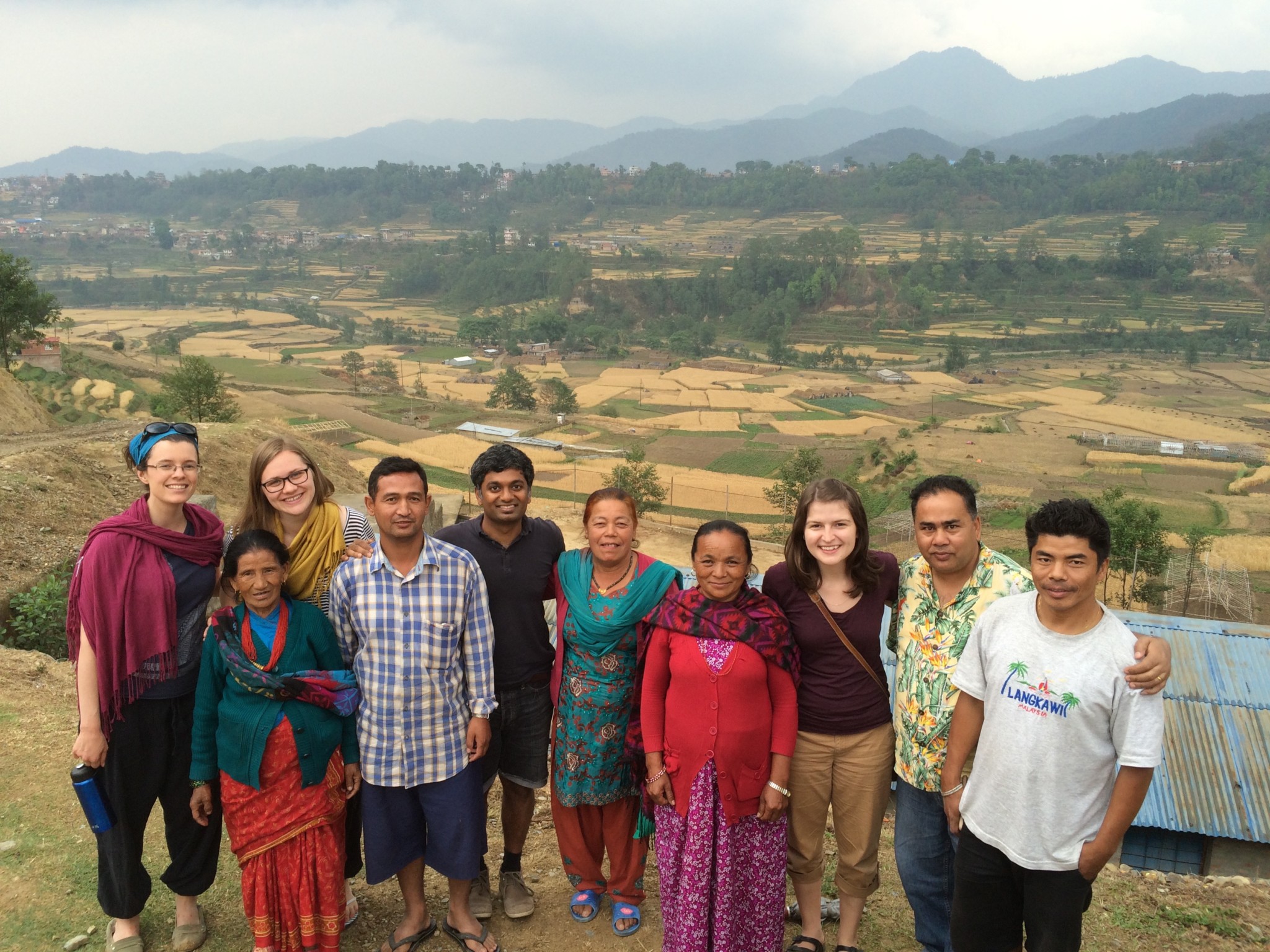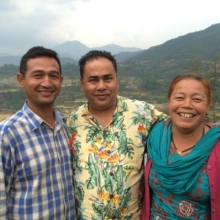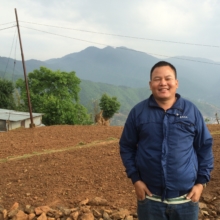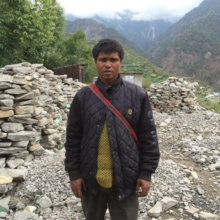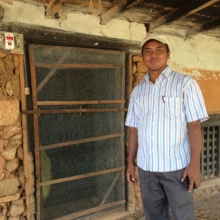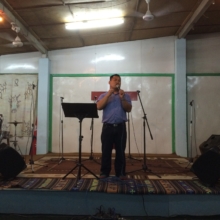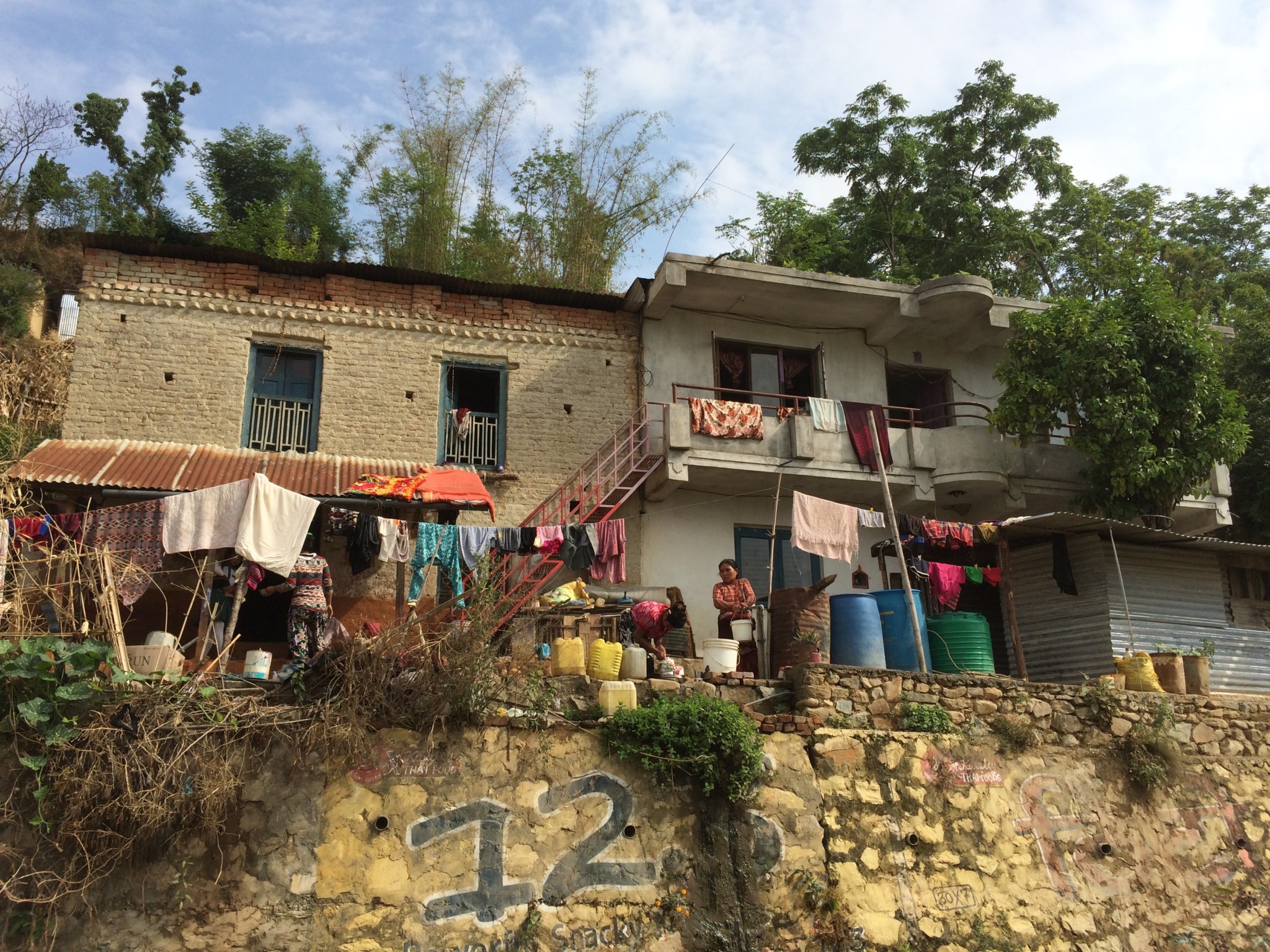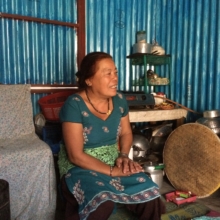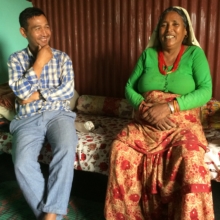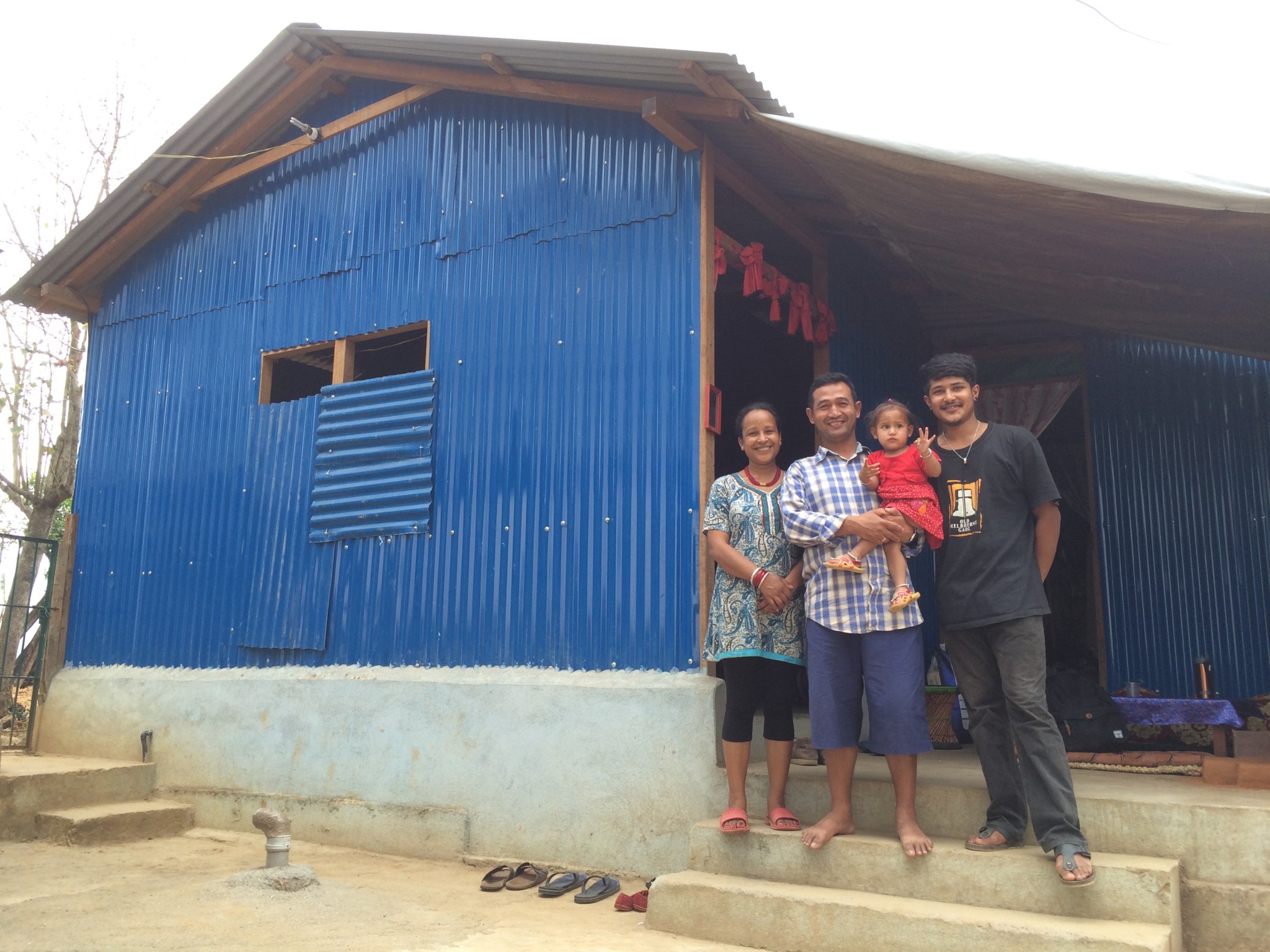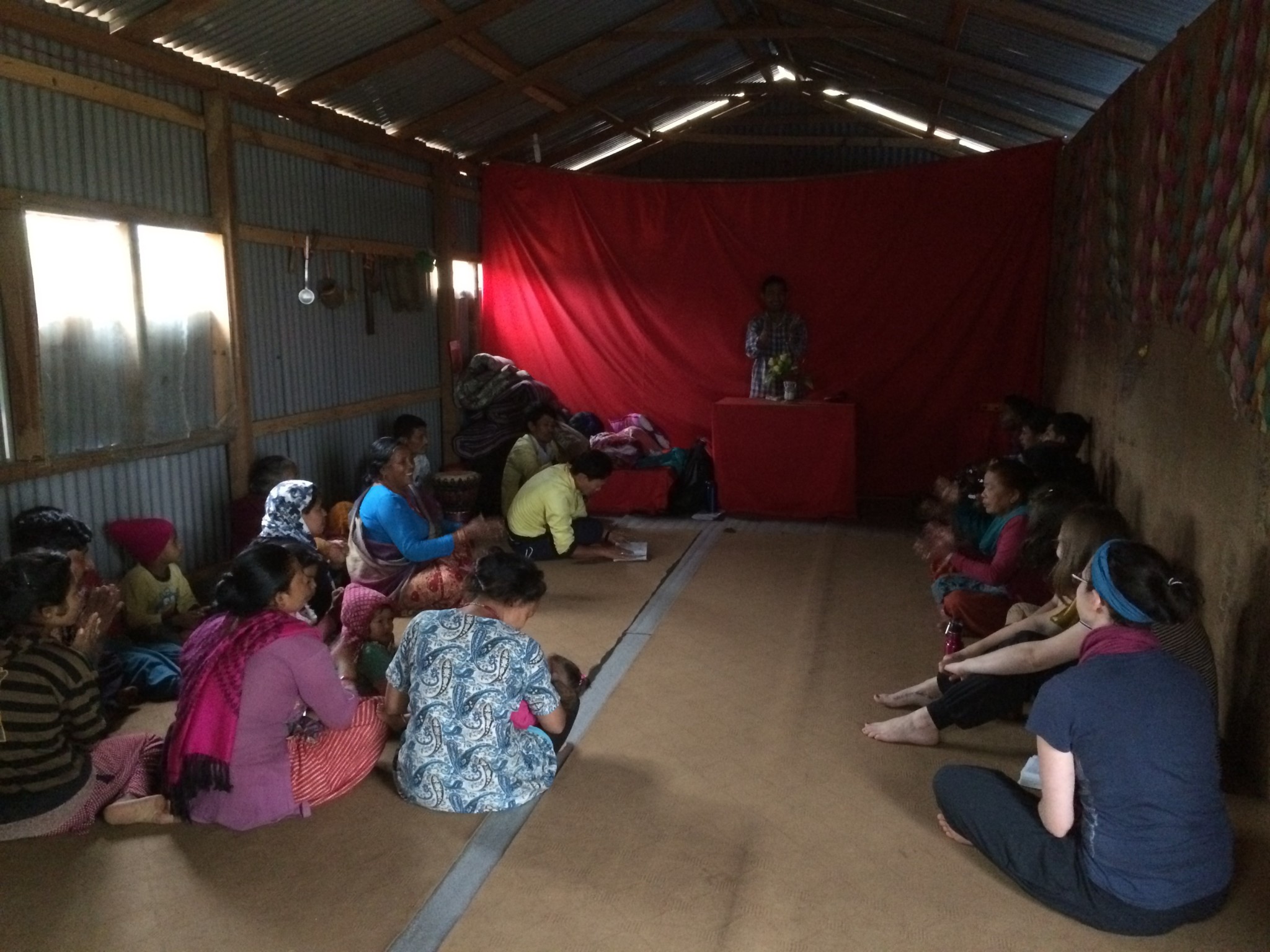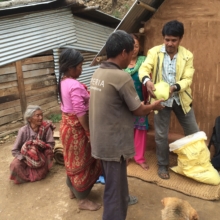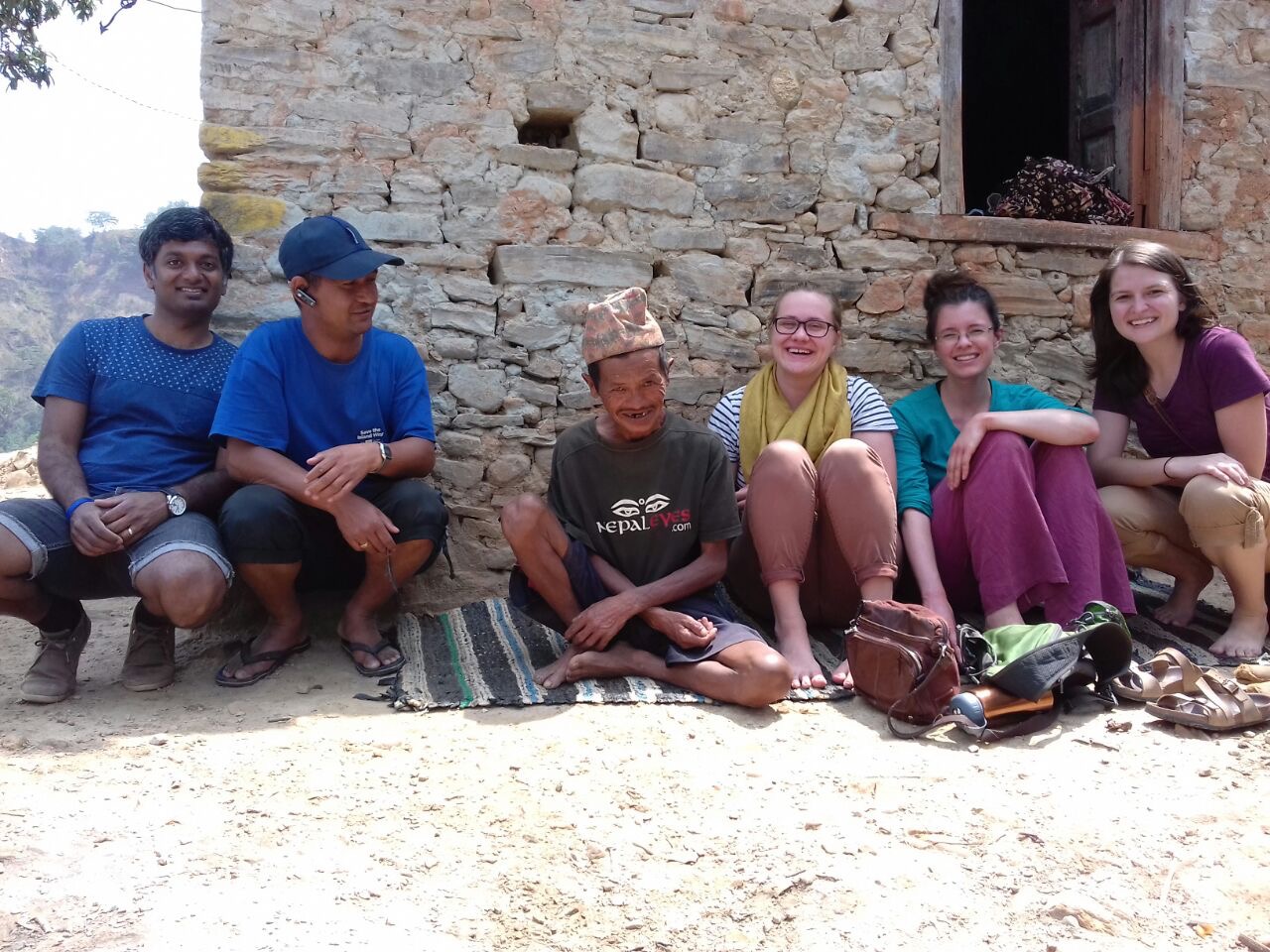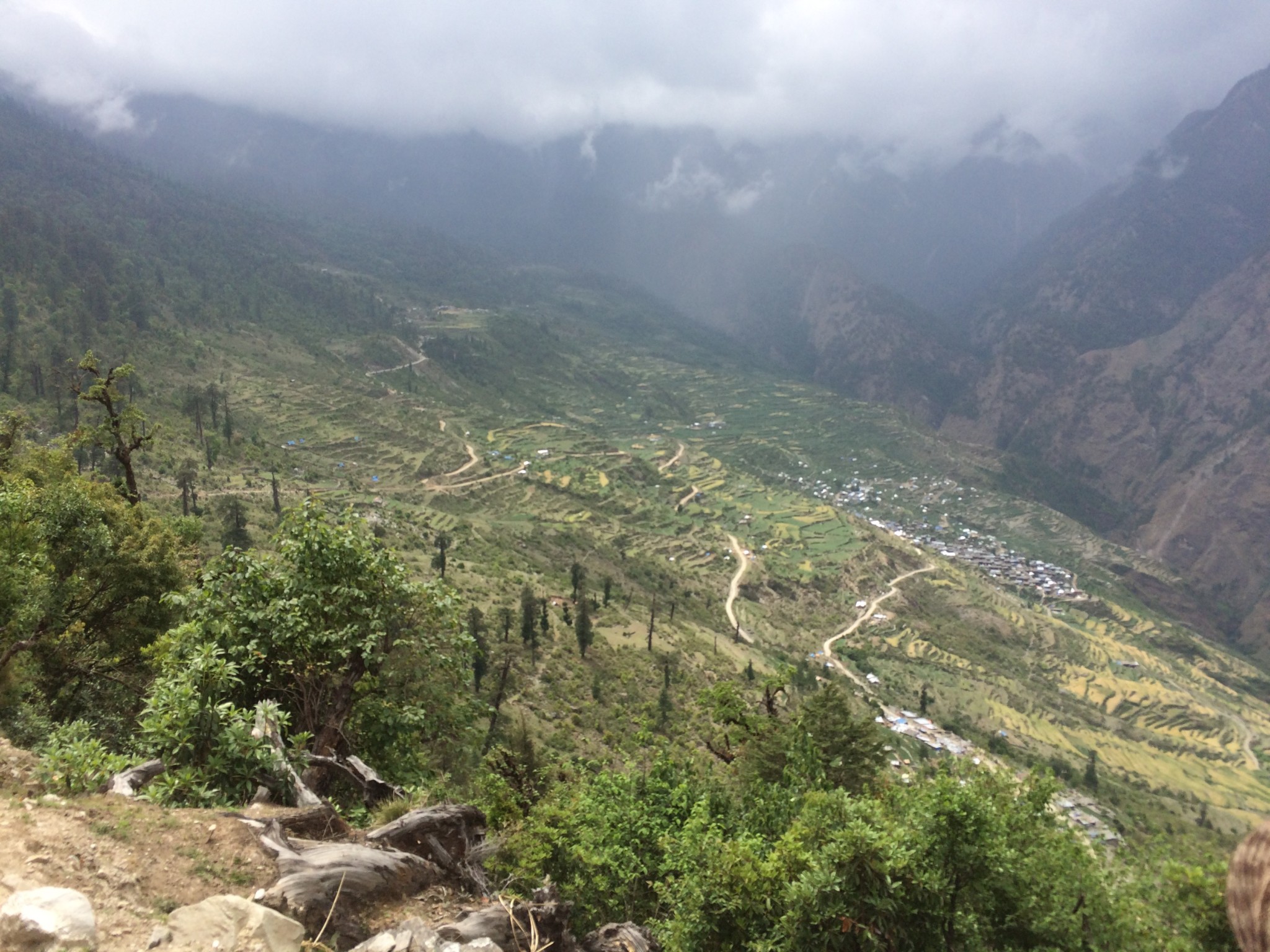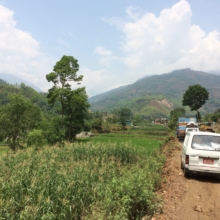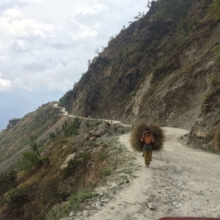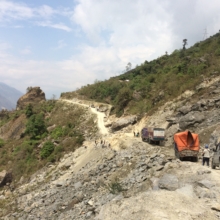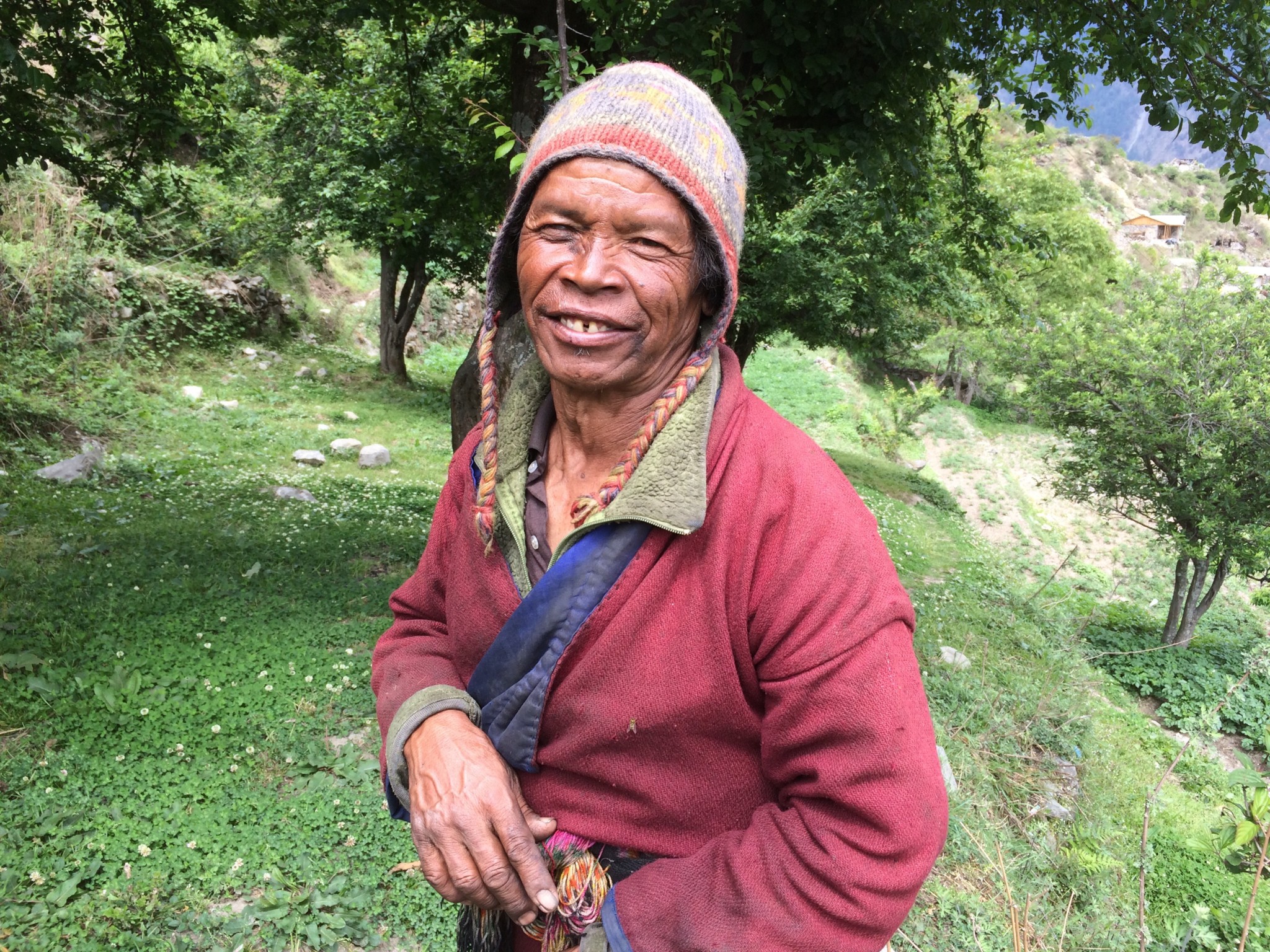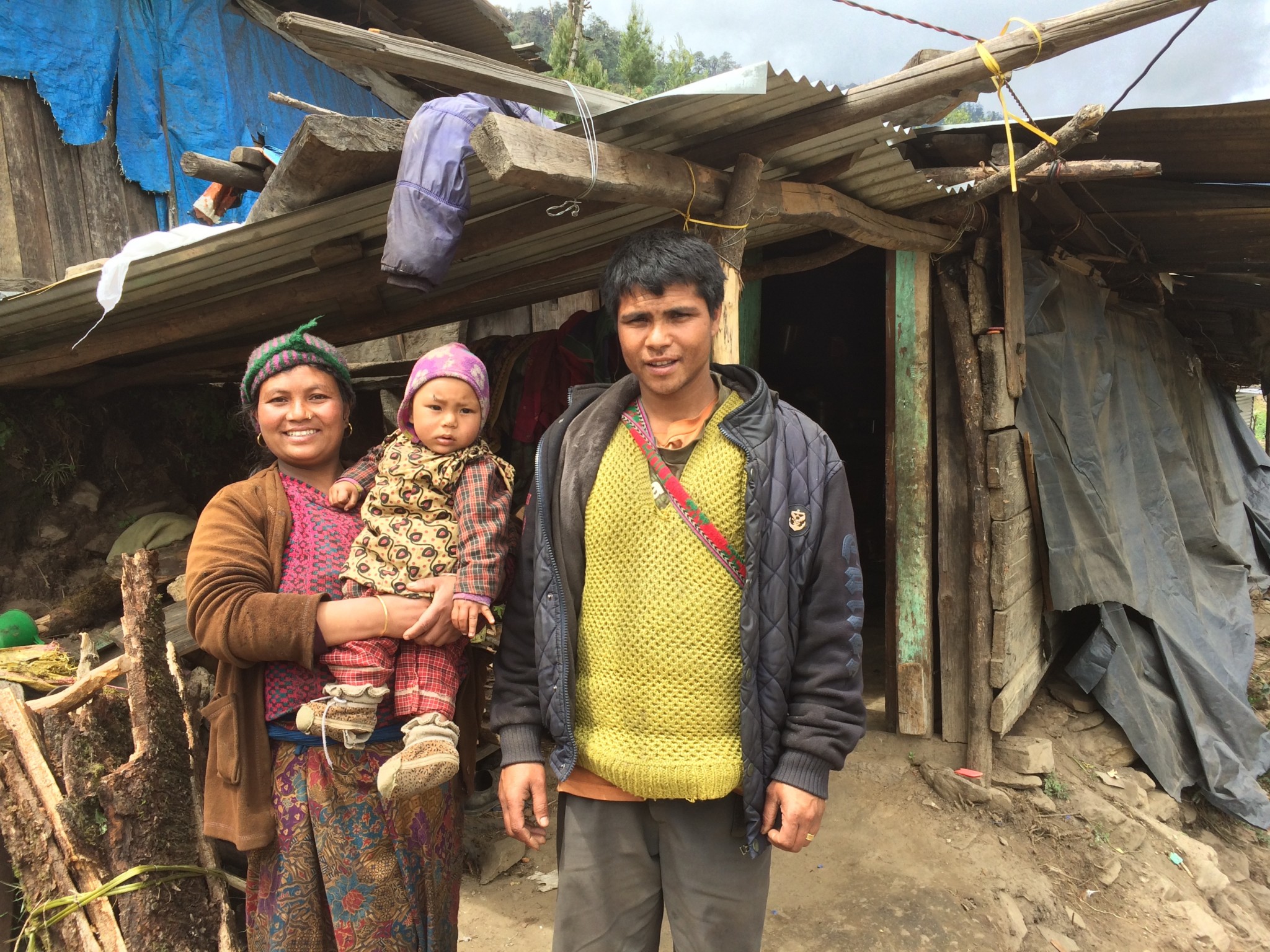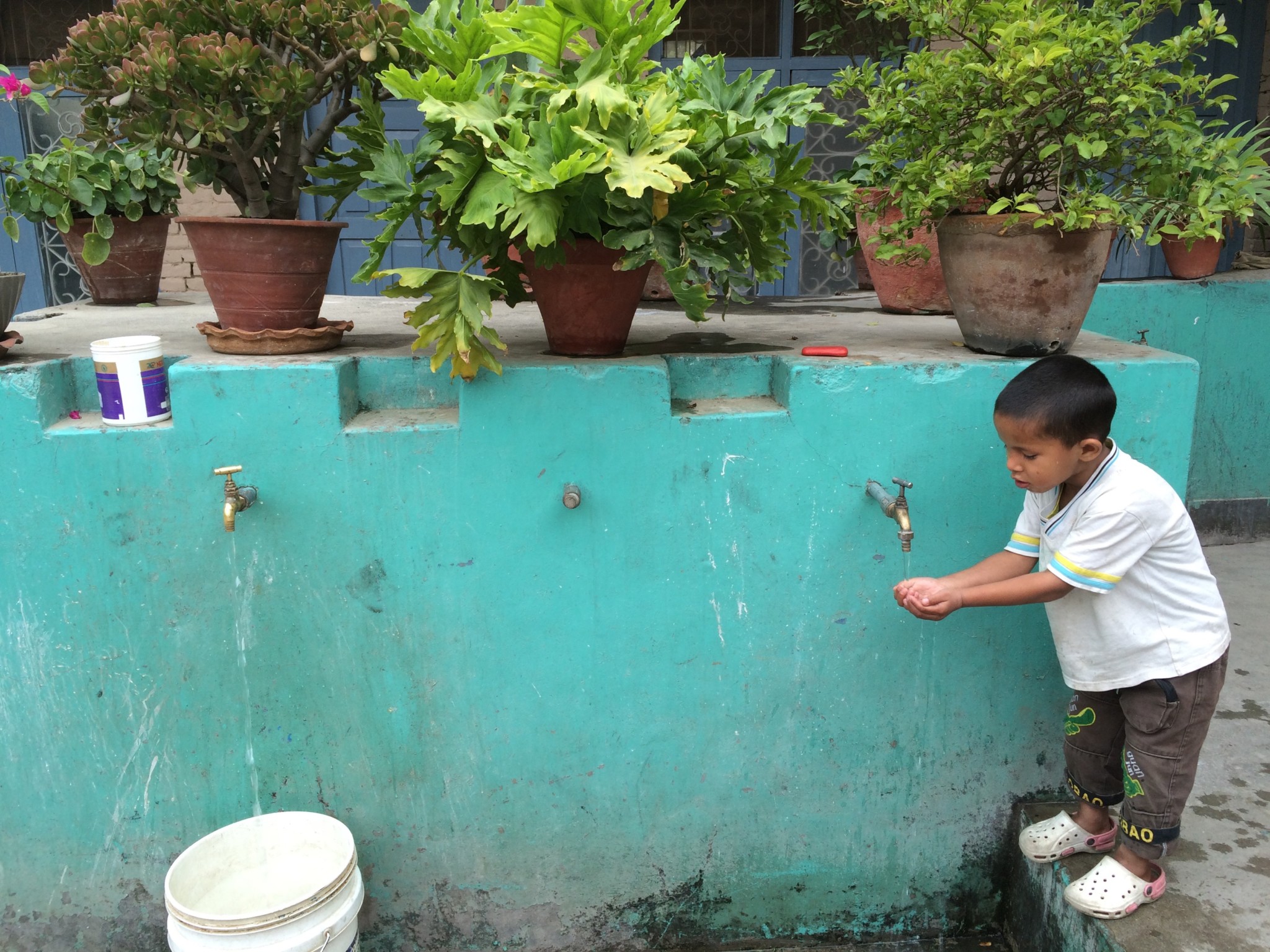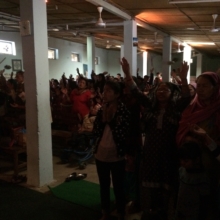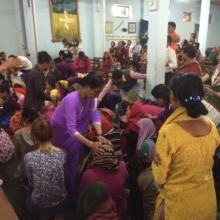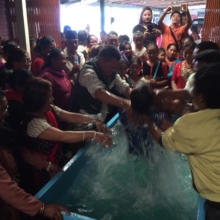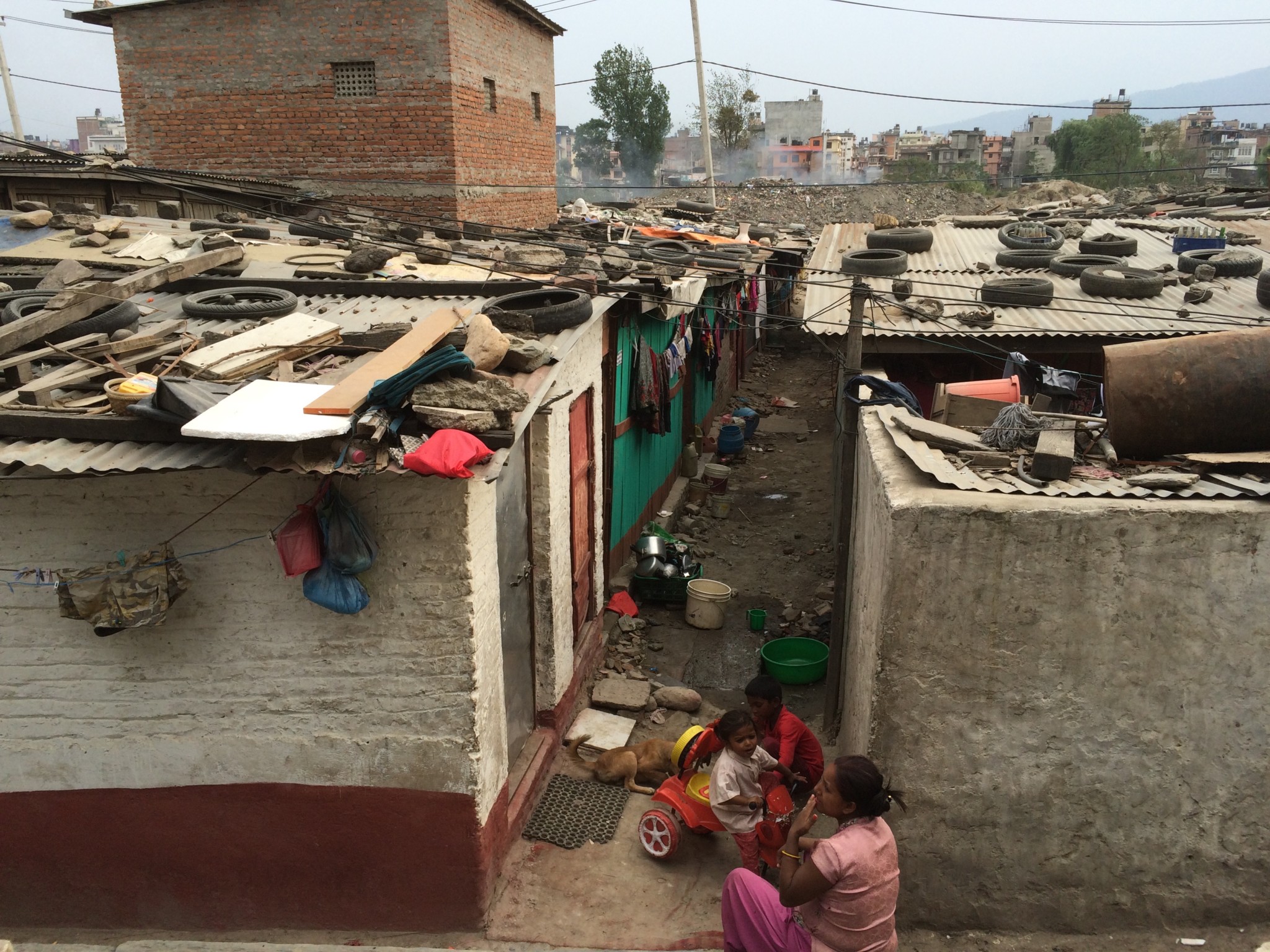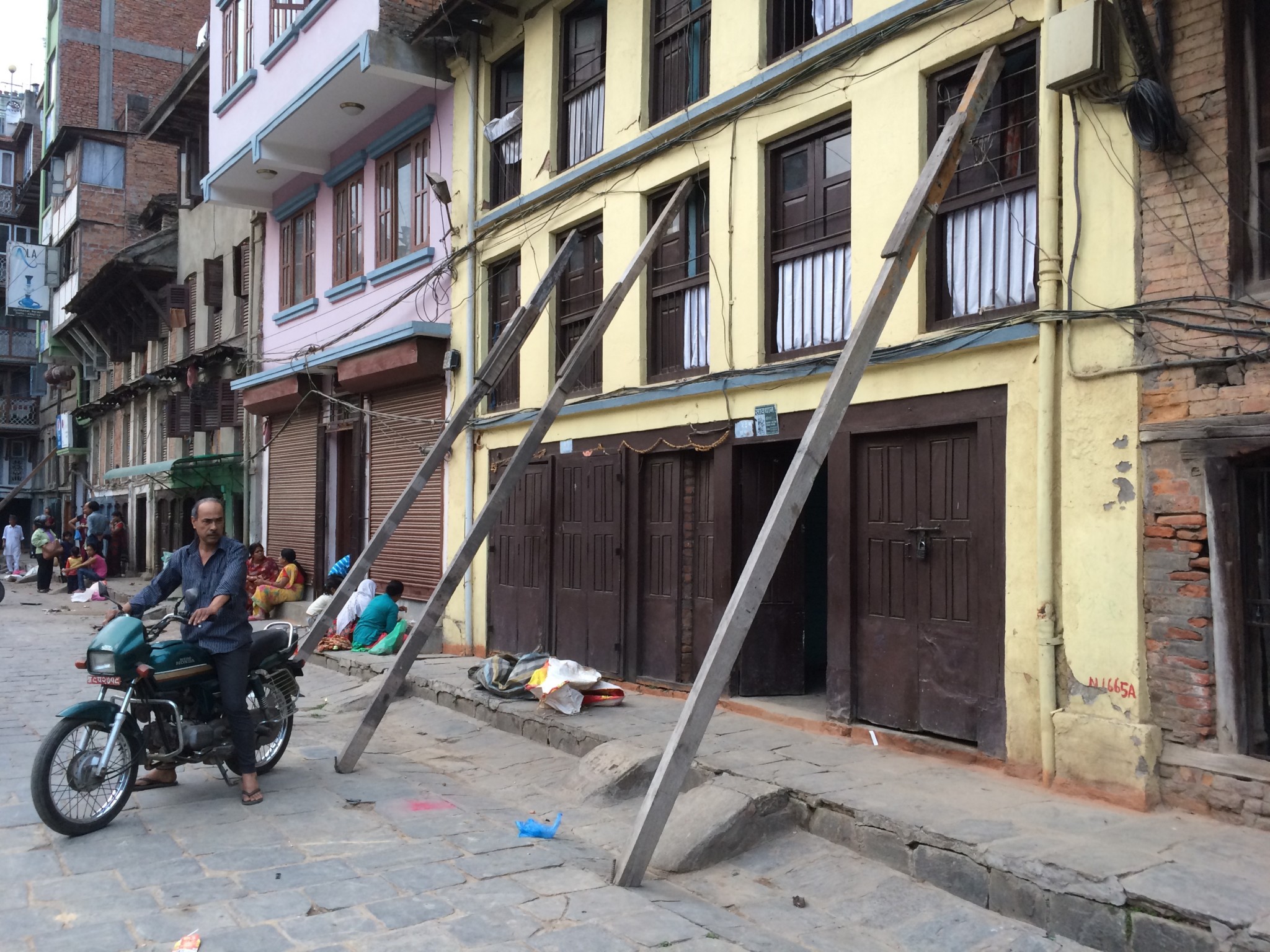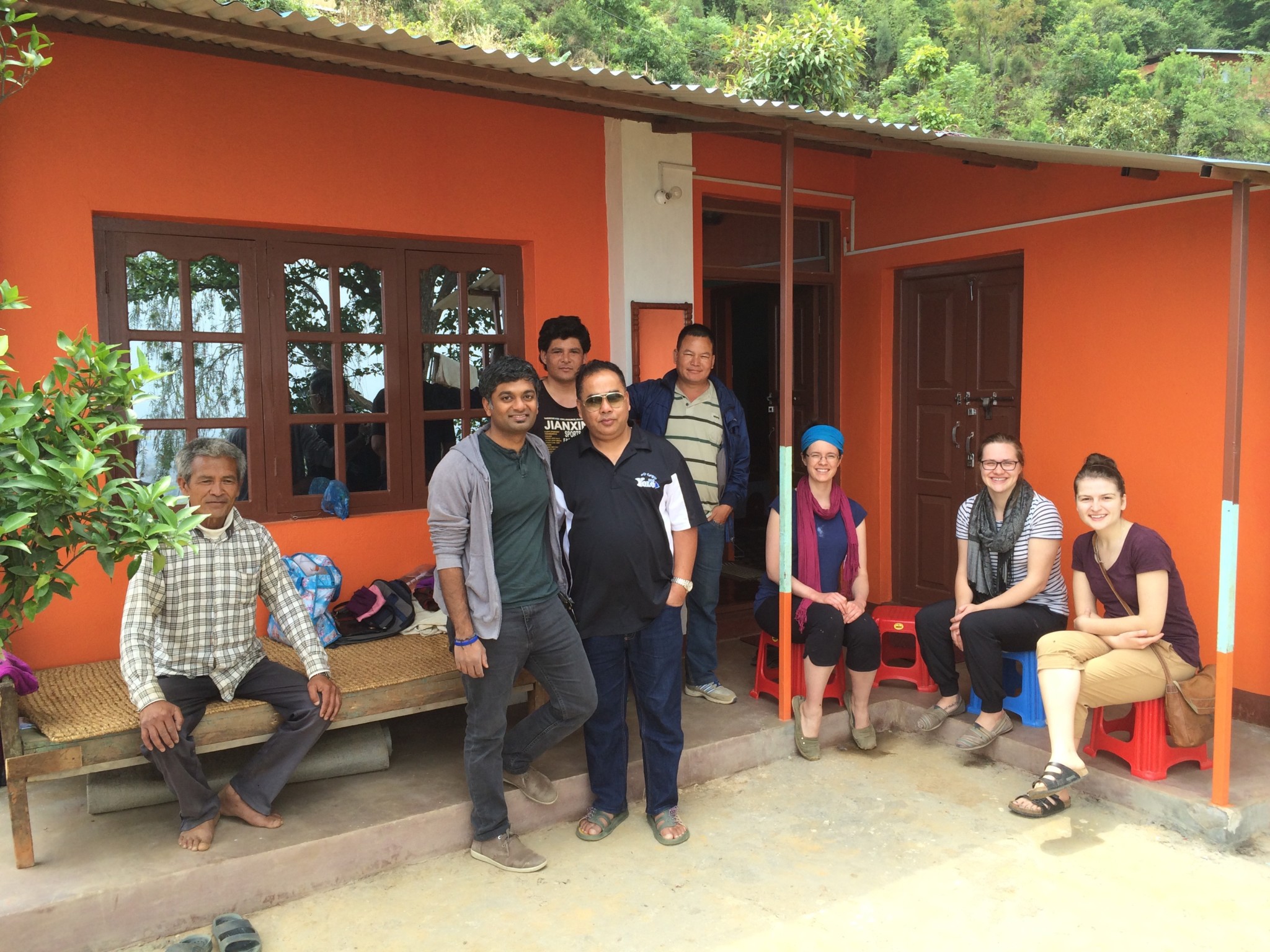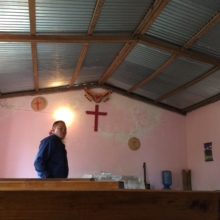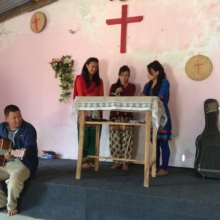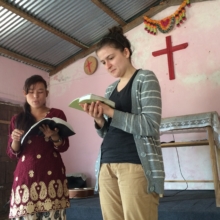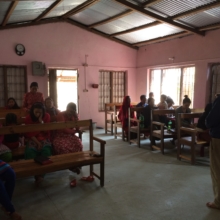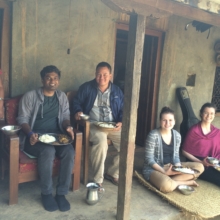Over the last year, we have spent much time in conversation about our Vineyard School of Justice (VSOJ), and about what God may be inviting us into this next season. In short, we sense his pleasure over the VSOJ these past four years – that it has accomplished what it was intended to – and that God is doing something new.
Today, in partnership with Sustainable Faith (the organization that facilitates the School of Spiritual Direction), we are very excited to announce a new school: The School of Mercy and Justice (SOMJ)! Our first cohorts will be this October in Winnipeg and Montreal.
Below, you’ll find a reflection on the VSOJ, the vision of the SOMJ, an overview of the new school curriculum, and tuition and registration information.
APPLY FOR THE SCHOOL OF MERCY AND JUSTICE
Reflection: The Vineyard School of Justice
The end of March, 2017 marked the completion of our fourth school since rebooting the VSOJ in the fall of 2013. As people have set aside six months to pursue what it means to love God and their neighbour in the contexts of poverty and injustice, God has done remarkable things. Here are a few highlights over the last four years (Video Reviews of Each School):
- 21 total students
- 12 women & 9 men
- 2 students from the Vineyard in Montreal
- 11 students who were street-involved / at risk of homelessness
- All 5 students in the 2014-2015 school year were street-involved / at risk of homelessness
- 7 Indigenous students
- 18 – 63 years: student age range
- 2 trips to the Himalayan Region Vineyards in Nepal (including visits to every Vineyard church; 1 Nepali VSOJ; and several gatherings/meetings with leaders)
- 1 intern (Natalie Hamm) who served for a year, then became a leader the next year
- 1 practicum student last year (Tara Glowacki)
- 569 “likes” (and counting!) on Facebook
- We established an articulation agreement with Vineyard Institute (VI) whereby our students could receive credit towards VI programs and certificates
The SOJ’s exposure has grown over the last years. As director of the school, Suhail has been invited to speak about the program / justice / compassion at various gatherings including:
- Vineyard Canada National Gathering (Kitchener, Ontario: 2014)
- Vineyard Justice Network (Raleigh, North Carolina: 2015)
- Vineyard Global Family Conference: Educators Meeting & Vineyard Justice Network Meeting (Columbus, Ohio 2015)
- CauseCon (Kansas City, Kansas: 2016)
As a result of CauseCon, 7 people (5 students and 2 leaders) from the Heroic Leadership Institute in Duluth came to spend a week with us.
Vision: The School of Mercy and Justice
The SOMJ involves three main changes from the VSOJ.
- The school will be modular (5 modules, each 2 days, with a particular theme) as opposed to the format of the VSOJ (which was 5 days a week, for 6 months). Modular learning is more in line with trends in modern education and will also allow those who are working or studying to access the program and participate more easily.
- The school will more intentionally focus on joining the contemplative and active life. The SOMJ offers participants an immersive, integrated, and robust spiritual formation for those who desire to cultivate a deep life with God and engage in the work of mercy and justice in the world. To use Ignatian language, we envision the school as training for those who desire to live as “contemplatives in action.” We want to facilitate joy, purpose, and wholeness in people and churches as they seek to embody mercy and justice in the manner and Spirit of Jesus; that the beauty and good news of the Kingdom may increasingly come to those our world considers “poor.”
- The school will be an official Sustainable Faith school; it will not be a WCV ministry as the VSOJ was. Sustainable Faith’s Schools of Spiritual Direction comprise the largest spiritual direction training in North America (26 locations, 23 teachers, around 250 students / year, and around 800 students in the last eight to nine years). The organization is increasingly well-known and trusted. Being connected to and overseen by Sustainable Faith will:
- give the SOMJ greater exposure and credibility. This will likely encourage greater engagement (more students), which will likely precipitate greater breadth (more schools).
- allow possibilities for the SOMJ to scale and expand beyond WCV, thereby contributing to the spiritual formation of a broader scope of people and churches.
- relieve WCV of significant administrative responsibilities. Sustainable Faith will administrate all details related to web presence, student applications, and tuition payments.
Who is Involved?
The Winnipeg cohort will be led by Suhail Stephen and Natalie Hamm; the Montreal cohort will be led by Erin O’Neill and Matte Downey.
Natalie grew up in Steinbach, Manitoba. She has been a part of the Vineyard since moving to Winnipeg in 2013 where she lived at Flatlanders Inn (a ministry of Winnipeg Centre Vineyard that is an intentional community and place for those at risk of homelessness to get their feet back under them) for one year while also attending the Vineyard School of Justice. Upon completing the school, she spent nine months working with the Himalayan Region Vineyard churches in Nepal and India. Since returning to Winnipeg she has lived and worked at House of Hesed (a transitional community for those living with HIV/AIDS), spent two years interning and leading the Vineyard School of Justice, and completed Sustainable Faith’s School of Spiritual Direction. Natalie loves to run, read, bake, and always has at least one knitting project on the go.
Erin is from Quebec and currently lives in Winnipeg, Manitoba, where she is part of the Winnipeg Centre Vineyard. She graduated from the Vineyard School of Justice in 2016, and completed her first year of Sustainable Faith’s School of Spiritual Direction in 2017. She resides and has interned at Flatlanders Inn. She has a Master of Occupational Therapy from the Université de Sherbrooke, and presently works with seniors in long-term care.
Suhail is from India, grew up as a missionary kid, and has lived in a total of seven countries. He currently serves on staff at the Winnipeg Centre Vineyard (WCV) as pastor of the Drop-In (street parish ministry), directed the Vineyard School of Justice for four years, and now directs the School of Mercy and Justice. He has been part of the Vineyard since 2001 and prior to WCV, was part of and led worship at Trinity Vineyard Christian Fellowship in St. Charles, Illinois, and at Kowloon City Vineyard in Hong Kong. He has a B.A in English Literature and Philosophy from Wheaton College and an M.A in Community Leadership and Philanthropy Studies from the Hebrew University of Jerusalem. He recently completed Sustainable Faith’s School of Spiritual Direction. He and his wife, Jennifer, met at WCV, have been married almost three years, and are expecting their first child this September!
Matte lives in Montreal, Quebec where being an English-speaking, Protestant, white female makes her a minority (and she is good with that). She has a B.Th. in Biblical Studies, an M.A. in Theological Studies, and a Ph.D. in Humanities (Theology/Theatre). She has taught in the Theological Studies Department at Concordia University and is currently an adjunct lecturer at Threshold School of Ministry in Saint John, New Brunswick. She co-hosts The Imaginators Podcast which features conversations on creativity and faith and has presented her work (both theological and theatrical) in conferences near and far. She and her husband, Dean, pastor the Vineyard Montreal Church, and you can find her blog at outword.blogspot.ca.
Overview: The School of Mercy and Justice
Through the combined experience of learning together through teaching and discussion, reading superb literature, film, engaging in individual and group activities and reflection, receiving spiritual direction, and practicing spiritual disciplines — all in a communal setting — students will grow in embodying the contemplative, missional life.
Module Themes and Dates
There are five modules, each two days, with a particular theme:
- Module 1: The Story of Our Life and The Life of Christ
- Sharing “sacred stories” of personal experiences with mercy and justice; an overview of the life of Jesus through the lens of action and contemplation.
- Module 2: Compassion and Grief
- Encountering the God who sees, feels, and responds to our suffering; grieving loss and the power of lament in sustaining a soul’s work in mercy and justice.
- Module 3: Humility and Power
- Encountering the God who “empties himself” and welcoming his upside-down Kingdom; invitations to poverty and simplicity.
- Module 4: Mercy and Justice
- Responding to people’s immediate needs and addressing systemic/structural issues; discerning vocation in mercy and justice.
- Module 5: Rhythm and Rule
- Arranging life for wholeness and spiritual transformation; crafting a rule of life that embodies the rhythms of action and contemplation.
Each module is from 9:00am – 5:00pm, Fridays and Saturdays.
- Winnipeg, Canada (location TBD)
Oct. 27- 28, 2017
Dec. 8 – 9, 2017
Feb. 9 – 10, 2018
Apr. 13 – 14, 2018
June 8 – 9, 2018
- Montreal, Canada (location TBD)
Nov. 10 – 11, 2017
Dec. 15 – 16, 2017
Feb. 16 – 17, 2018
Apr. 20 – 21, 2018
June 15 – 16, 2018
Requirements
- Readings (12)
- Approximately two books per module, with a pace of about a book a month.
- Activities (8)
- We are not solely or even primarily thinking beings; much of what actually forms us are the activities with which we engage our bodies. As such, participants will undertake certain activities with a view to more fully encountering God and his heart of mercy and justice in and amongst those who are considered “poor.”
- Receiving spiritual direction (minimum 6 sessions)
- Spiritual direction encourages you to rest from doing, and be reflective; to notice, savour, and respond to the presence, voice, and activity of God. This is especially important in mercy and justice work, where needs and issues always seem urgent, ubiquitous, and inexhaustible.
- Introducing Spiritual Direction [PDF]
- Practicing spiritual disciplines
- Each participant selects one to two spiritual disciplines to engage in more deeply over the course of each module.
- General reports (4)
- Before each module, you’ll post a one to two page report in which you:
- share the current circumstances of your own life and spiritual journey
- reflect on your experience of the readings and activities, receiving direction, and practicing spiritual disciplines
- answer one or two specific questions related to the module
- submit any question(s) you’d like to discuss in the upcoming module
- Before each module, you’ll post a one to two page report in which you:
Tuition
-
- $900 USD (CAD ~ $1,211.40)
- Note: The above figure does not include books or meals (lunches).
- A $200 USD (CAD ~ $269.20) deposit secures your place.
- You can either pay the remaining $700 USD (CAD ~$ 942.20) up front or in monthly instalments throughout the duration of the school.
- You will be invoiced directly from Sustainable Faith.
- There is an additional US $40 (CAD ~ $93) fee to cover debit/credit card charges incurred by the school. This charge can be avoided by using Electronic Funds Transfer (EFT); tuition invoices will provide details regarding this.
- Note: Given that Sustainable Faith establishes tuition in US$, all above fees in CAD$ are approximate. Amounts in CAD$ may fluctuate based on currency exchange rates with the US$.
Who is the School for?
You do not have to be part of the Vineyard to be part of the school. The SOMJ is open to pastors, church leaders, and laypeople alike, and is geared to serve not just one denomination or church tradition, but the larger body of Christ. The training is Christocentric and guides people to embrace the entirety of the life of Christ in terms of his priorities of solitude and prayer, and of engagement and ministry.
-
- Note: Each school will typically have no more than 12 students.
Application and Deadlines
October 1, 2017: Registration due
October 8, 2017: $200 USD (CAD ~ $269.20) deposit due to secure your place
-
- We encourage you to apply as soon as you can as spaces may fill up.
- Once we receive your application, we will get in touch with you for an interview and provide deposit/payment information.
- The link below will take you to Sustainable Faith’s website. Please select the appropriate location (Winnipeg or Montreal), and then fill in your personal information.
- APPLY FOR THE SCHOOL OF MERCY AND JUSTICE
